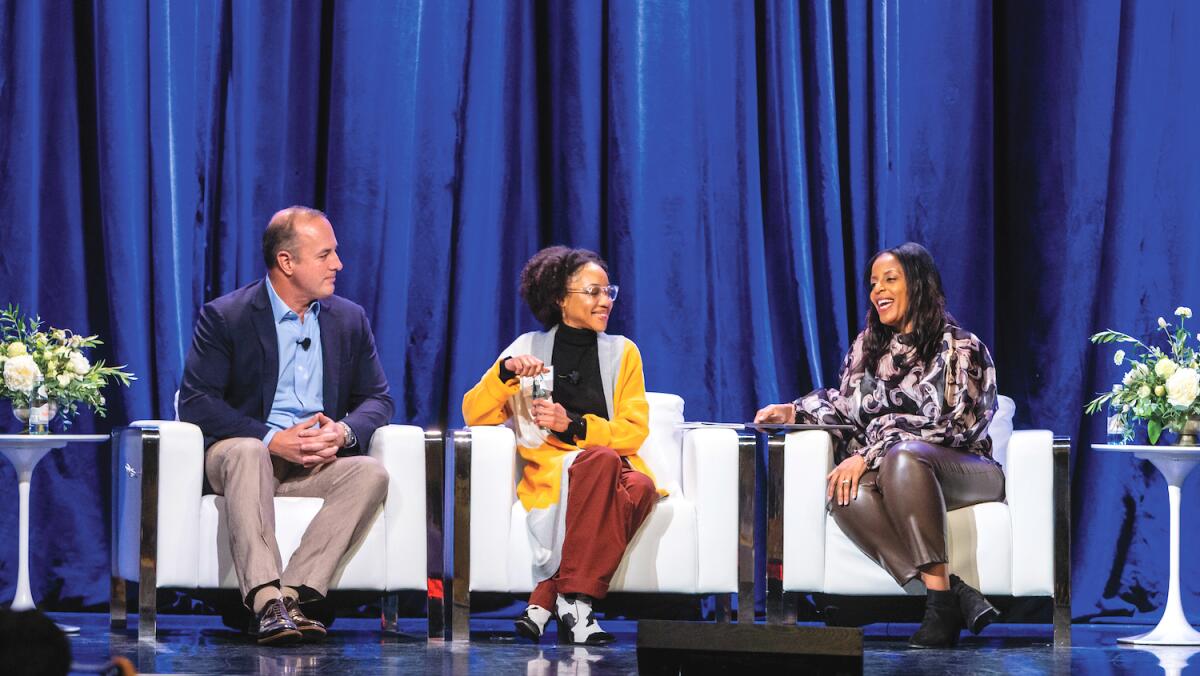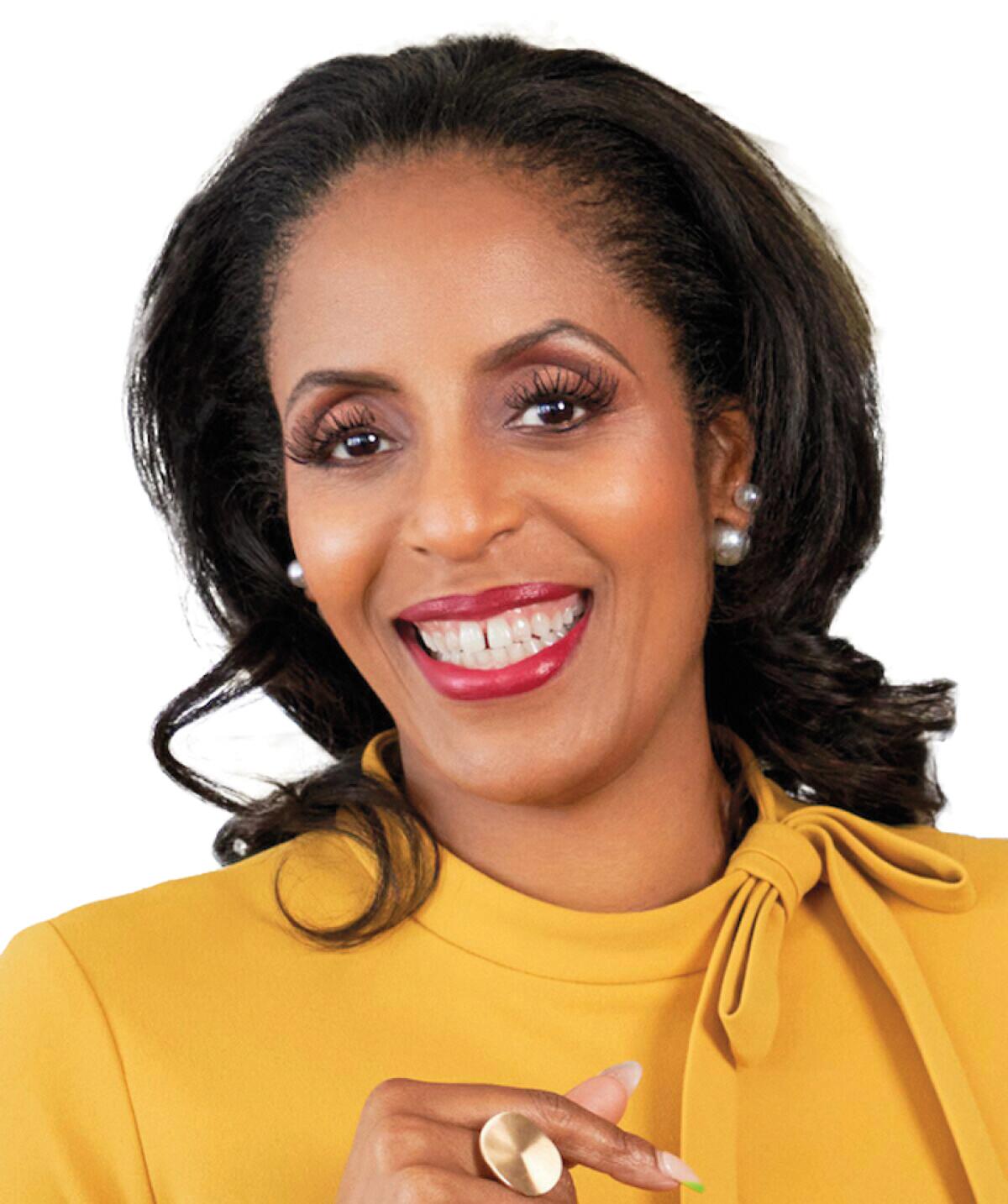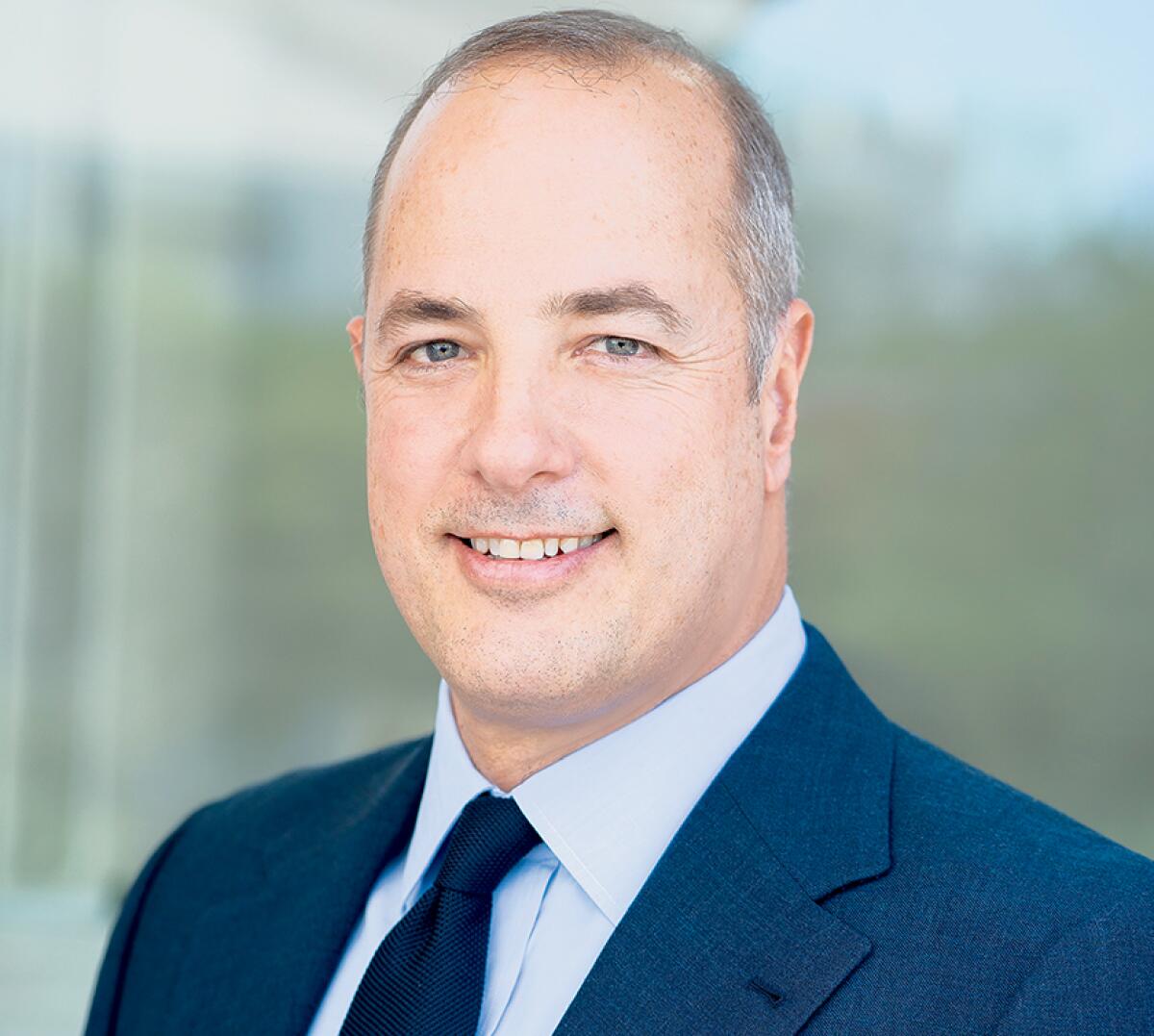Panel Discussion: The ESG Effect

- Share via
How has ESG changed the way businesses view DEIA initiatives, and how and where are organizations seeing the greatest impact?
Panelists

Moderator: Dr. Thelá Thatch
CEO
Thelá Thatch Consulting
Dr. Thelá R. Thatch is the CEO & founder of Thelá Thatch Consulting. She has over two decades of experience in human resources and talent management, with a focus on building internal cultures and external communities committed to inclusion, equity, and belonging. She is a professor, writer and author of “The Dog Chef,” “Employee Handbooks 101” and “The Diversity Dilemma.”

Makensy Smith
Founder
Human Relations - A Growth Agency
With over 10 years of public relations & community-driven experience, Makensy considers herself a growth agent, having nurtured fruitful careers and sustainable relationships with media, corporations, and talent alike - bringing to life a landscape of organic moments spanning music, film/TV, sports, fashion, technology, business, nonprofit, and well-being.

Carlos Salas
President
The Change Company
Carlos P. Salas serves as president of The Change Company CDFI LLC (“The Change Company”), a financial services company focused on serving underbanked borrowers and communities across the U.S., since August 2021; as CEO of Change Lending, LLC, its mortgage lending subsidiary; and as director of The Change Company, certain of its subsidiaries since August 2018. Previously, Mr. Salas served as chief executive officer and president of COR Clearing LLC (n/k/a Axos Clearing LLC, a subsidiary of Axos Financial Inc.). Mr. Salas received a Juris Doctor from the University of Chicago and a Bachelor of Arts from New York University.
Insights from the Discussion
Dr. Thatch: ESG plays a role in Corporate Social Responsibility (CSR) and DEIA initiatives. While ESG has been around for several years, there has been an increased corporate focus on these initiatives, especially during the pandemic - can you speak to this?
Makensy Smith: The onset of the pandemic forced the world to pause, reflect, and proactively unpack social and cultural realities on a personal, local and global scale. Quarantine and idle time led to mass levels of information, emotion and online engagement. The unknown forced us to shift from focusing on the formulaic and mundane and peek into perspectives, connecting with stories in a deeper and more transparent way. In the time of social media, brand partnerships, and celebrity CEOs, ESG is a key component to any company or brand’s public image and ultimately its business and growth potential.
Dr. Thatch: We have talked about how they are interrelated, but why is ESG central to the conversation of DEIA?
Smith: Leadership must be intentional about ESG by focusing on how the work environment reflects the needs of the workers and the community at large. Work conditions should be safe, inclusive, and promote growth and well-being; this will ensure ethical and conscious behavior from leadership and co-workers alike. This messaging starts internally and is reflected outwardly to consumers in an exponential way.
Dr. Thatch: What are financial institutions doing to further assist underrepresented communities and diversify their clientele?
Salas: Financial institutions fail underbanked communities for two main reasons. First, regulation has made it riskier to serve these communities through the unintended consequences of consumer protection rules. These rules place undue risk on lenders who finance low-income borrowers, making these loans scarce. Second, underbanked communities are perceived as offering too little upside to overcome the added risks in serving them.
This is a real blind spot for the financial industry. The underbanked market is one in four American families - over 33 million households - and because it is underserved, represents a great opportunity for financial service providers to grow with a large community of eager customers. To overcome these obstacles, institutions need to learn to navigate these markets and regulations. One great avenue is to partner with a Community Development Financial Institution (CDFI), which is a U.S. Treasury designation for a lender focused on serving underbanked borrowers.
Dr. Thatch: How has ESG changed the way businesses view DEIA initiatives? How and where are your organizations seeing the greatest impact?
Smith: We’ve seen plenty of monetary donations to causes and organizations - which I hope continues - but I’m also seeing an emergence in storytelling and using personal narratives to generate an emotional brand resonance. This not only represents a company’s social and ethical values but also personifies them. At Human Relations - A Growth Agency, we value the power of media and storytelling to authentically communicate a corporation’s dedication to DEIA and ESG.
Salas: I think that I can tell you in my organization is an across-theboard commitment. We internalize the mission and focus of our business. When we recruit people, we make sure that they understand that we have a mission, a focus, and we hold people accountable to their earnestness in terms of how they approach this.